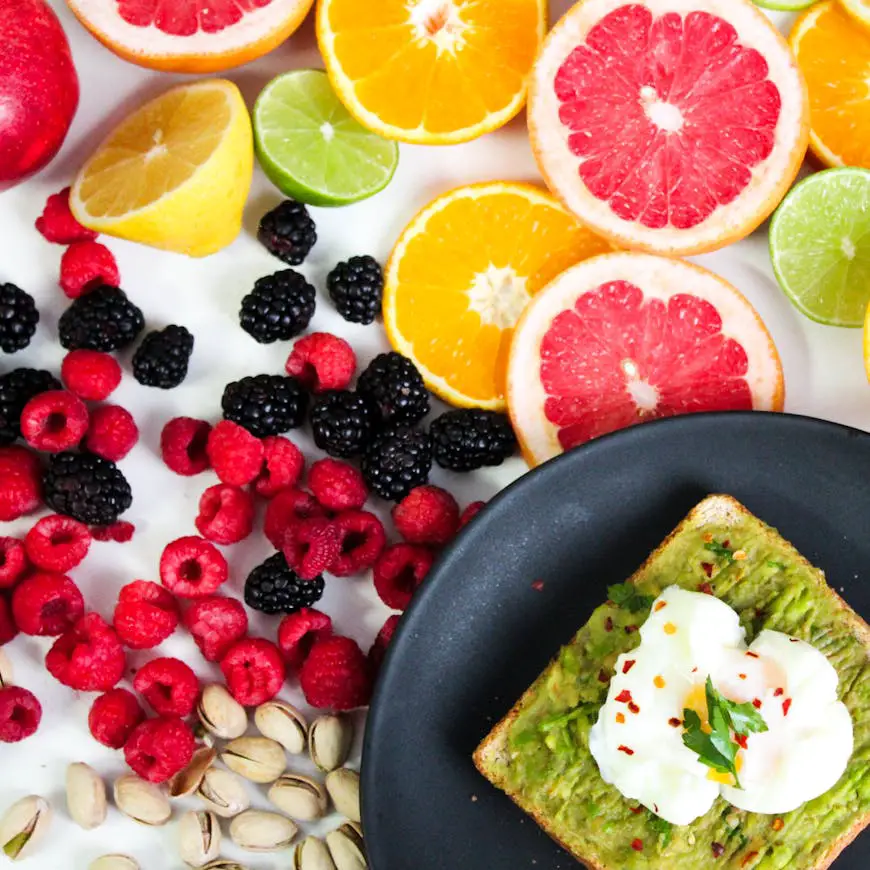Matcha tea is popular all over the world, known for its bright green color, delicious taste, and many health benefits. But what is matcha, and why is it become so popular? This article provides an in-depth look at the origin, preparation, health benefits, and ways to enjoy matcha.
Matcha is a tea powder made from Japanese green tea leaves. As the plant grows in the shade, its leaves appear dark. Although matcha is a type of green tea, it has an umami flavor.
The technique of grinding tea leaves into a fine powder was later introduced to Japan by Zen Buddhist monks in the 12th century. These monks, who sought a meditative and mindful approach to life, found that matcha helped enhance their focus during long meditation sessions. Over time, matcha became integral to Japanese culture, particularly in the traditional tea ceremony known as “chanoyu.”
Types of Matcha
Matcha is typically categorized into two grades:
- Ceremonial Grade:This is the highest quality of matcha and is used in traditional Japanese tea ceremonies. It is made from the youngest tea leaves and has a smooth, delicate flavor with a natural sweetness.
- Culinary Grade: This grade of matcha is slightly more bitter and is often used in cooking, baking, and making matcha lattes. Although still made from high quality leaves, the leaves are slightly older and have a stronger flavor.
Health Benefits of Matcha
Matcha tea is known for its impressive nutritional profile and numerous health benefits, including:
1- Improves Heart Health
Regular consumption of matcha is associated with lower LDL cholesterol levels. Studies suggest that the catechins in matcha may help reduce the absorption of cholesterol in the intestines, thereby lowering overall cholesterol levels in the blood. Lower LDL cholesterol levels are associated with a reduced risk of heart disease.
2- Helps With Depression
Matcha tea may help with depression due to its unique combination of compounds that promote mental well-being. Matcha tea, with its rich content of L-theanine, caffeine, and antioxidants, offers a natural way to support mental health and may help alleviate some symptoms of depression.
The calming effect of L-theanine combined with matcha’s ability to reduce cortisol (the stress hormone) levels can help manage stress, a significant factor in depression.
3- Improves Male Fertility
The antioxidants in matcha not only protect sperm from oxidative stress but may also improve sperm morphology (shape and structure) and motility (movement). Healthy sperm morphology and motility are crucial for successful fertilization, as they increase the chances of sperm reaching and fertilizing the egg.
4- Boosts Metabolism
Matcha tea is well-known for its ability to boost metabolism, this property makes matcha a popular choice for those looking to manage their weight and improve overall health. The combination of caffeine and catechins in matcha has been shown to help increase metabolism and fat burning.
Research shows that drinking matcha tea while exercising increases fat burning (the breakdown of fat into energy).
5- Helps Prevent Cancer
Matcha tea offers a range of protective benefits that may help prevent cancer. Its rich concentration of Epigallocatechin Gallate (EGCG) and other antioxidants plays a key role in inhibiting cancer cell growth, reducing inflammation, and protecting DNA from damage. While matcha is not a cure for cancer, incorporating it into a healthy lifestyle can be part of a broader strategy for reducing cancer risk. As with any health-related approach, it’s essential to combine matcha consumption with a balanced diet, regular exercise, and regular medical checkups for the best preventive results.
Risks of Matcha
As a drink, green tea is considered safe to drink up to eight cups (8 ounces) per day. Although matcha tea is known for its many health benefits, it also carries some risks, especially due to its high caffeine content. Excessive consumption of matcha can lead to side effects such as insomnia, nervousness, headaches, and an increased heart rate, especially in those who are sensitive to caffeine. Additionally, matcha may contain small amounts of impurities, such as lead that the tea trees absorb from the soil. Since matcha involves consuming the entire tea leaf, these contaminants can be ingested in higher quantities compared to other teas. Therefore, it’s important to consume matcha in moderation and choose high-quality, organic sources to minimize potential risks.
How To Make Matcha

Making matcha tea is a simple yet precise process that involves whisking finely ground matcha powder with hot water. To start, sift 1-2 teaspoons of matcha powder into a bowl to remove any clumps, ensuring a smooth texture. Next, heat water to about 175°F (80°C)—not boiling, as overly hot water can make the matcha bitter. Pour 2-3 ounces of the hot water into the bowl with the sifted matcha powder. UStir the mixture vigorously using a bamboo blender in the “W” or “M” motion so that there is a lot of tea and a good mix. Once the matcha has a creamy consistency with a layer of foam on top, it’s ready to be enjoyed. This traditional preparation allows the rich, earthy flavors of matcha to shine through, offering both a refreshing and healthful experience.








